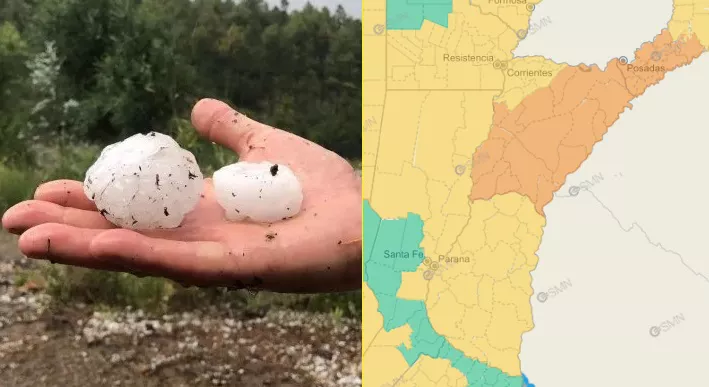RICARDO MAKYN via Getty Images
– –
Prince William and his wife Kate Middleton have been accused of profiting from the “blood, tears and sweat” of slaves as they arrived in Jamaica to face a protest demanding reparations from the British monarchy.
–
The Duke and Duchess of Cambridge will celebrate the island’s culture and history, where politicians in recent years have urged Jamaica to ditch the queen as head of state and become a republic, as well as a formal recognition of slavery.
–
Anti-colonial sentiment has risen across the Caribbean against the backdrop of the Black Lives Matter movement, which has inspired many around the world to stand up for equality.
–
Protesters gathered outside the British High Commission in Kingston, Jamaica, with a placard held by a little girl that read: “Kings, queens, princesses and princes belong in fairy tales, not in Jamaica!”
–
A royal source said the duke is aware of the protests and is expected to acknowledge the slavery issue during a dinner hosted by Jamaica’s governor-general on Wednesday night.
–
Opal Adisa, a Jamaican human rights defender who helped organize the demonstration, also demanded an apology, saying: “Kate and William are beneficiaries, so they are actually complicit because they are able to specifically benefit from our ancestors and us do not benefit from our ancestors.
–
“The luxury and lifestyle they have had and continue to have, traveling around the world for free and at no cost, is the result of my great-great-grandmother and great-grandfather, their blood and their tears and their sweat.”
–
The Advocates Network coalition of Jamaican politicians, business leaders, doctors and musicians wrote an open letter with 60 reasons why the monarchy should compensate Jamaica on the 60th anniversary of the country’s independence.
–
Adisa said an apology is the “first step towards healing and reconciliation”.
–
She added: “You know, we personally have nothing against Kate and Prince William and even the Queen, but we simply say you did wrong and it’s long overdue for you to admit that you did wrong and if you do, make it up to you.”
–


